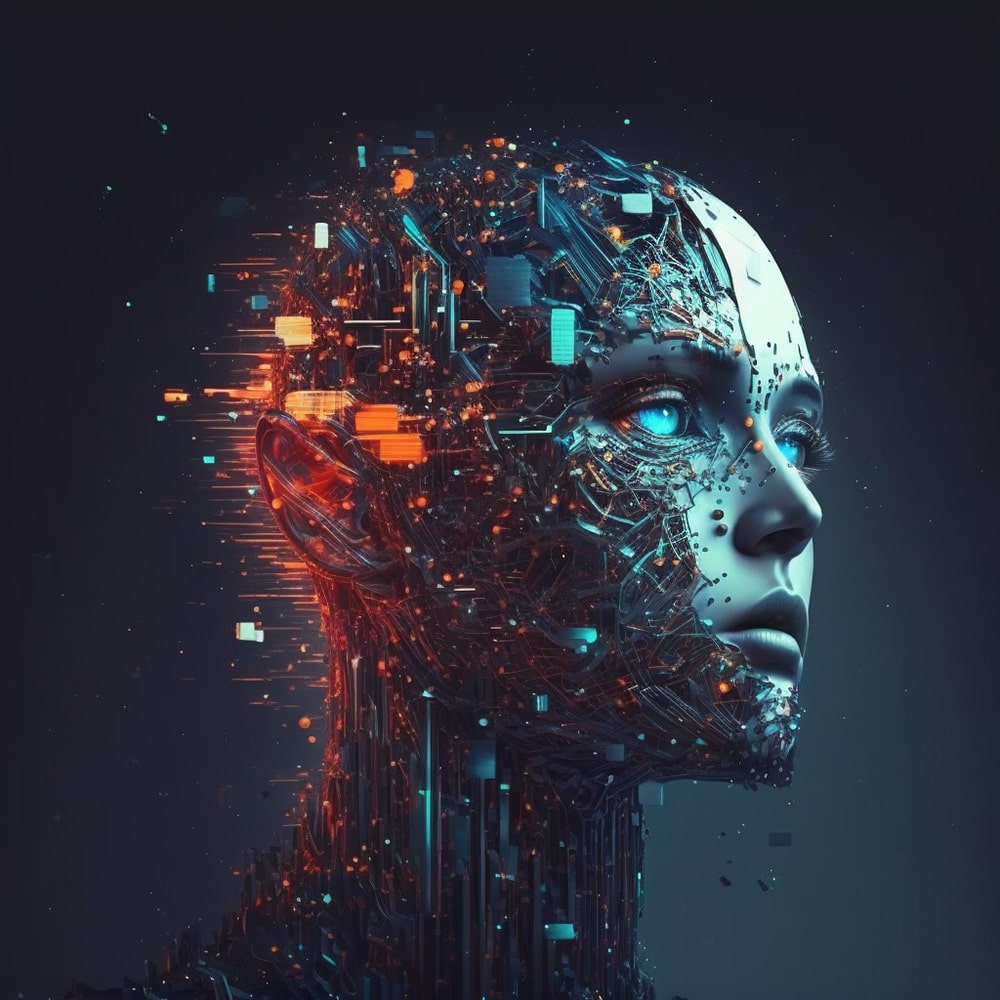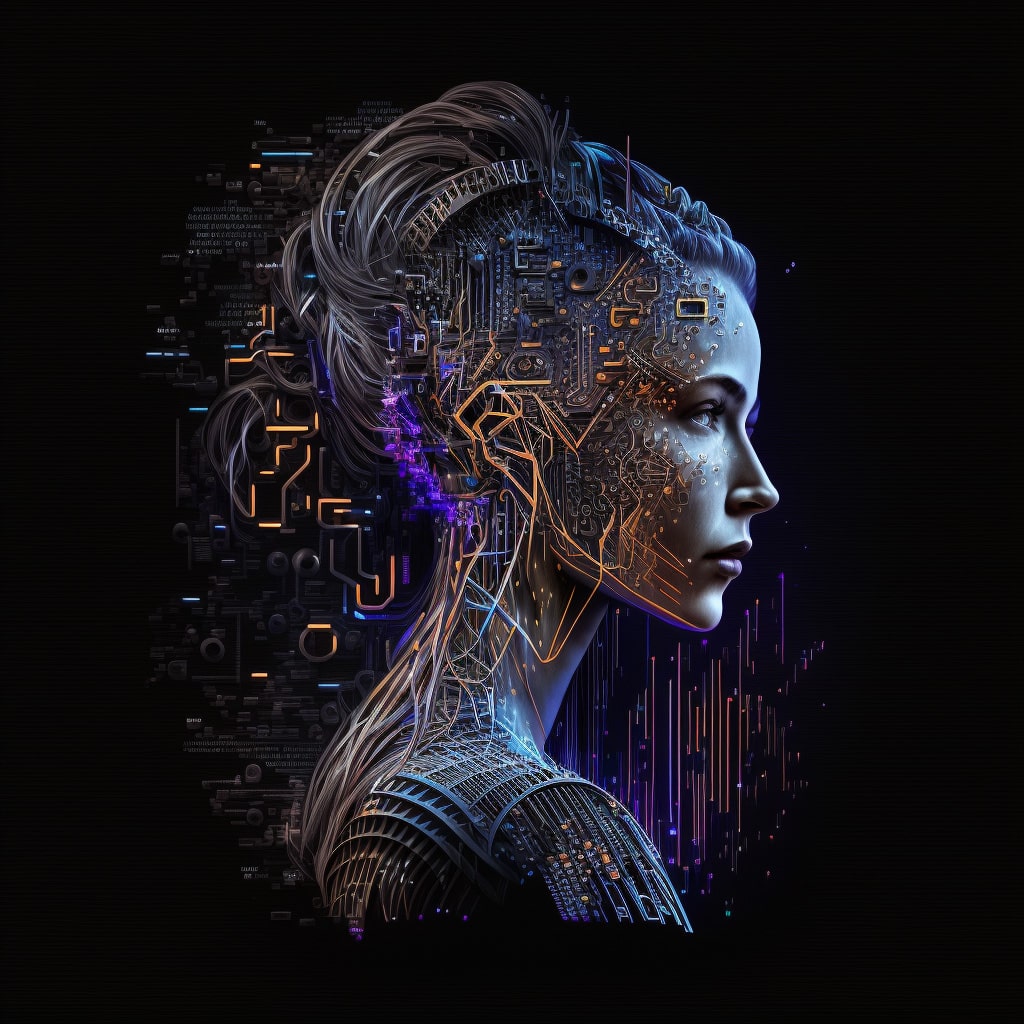Artificial Intelligence (AI) algorithms have become essential tools for exploring and making sense of the world around us. By processing vast amounts of data, these algorithms enable us to identify patterns, predict outcomes, and find solutions to complex problems across various domains. From weather forecasting and healthcare to social sciences and environmental studies, AI algorithms help us understand our world in ways previously thought impossible. This article delves into how AI algorithms are transforming our understanding of the world and shaping the future of various fields.
The Role of AI Algorithms in Data Analysis
At the core of AI’s power is its ability to analyze large datasets quickly and accurately. Unlike traditional data analysis methods, which can be time-consuming and limited in scope, AI algorithms use machine learning and deep learning techniques to extract valuable insights from data. These algorithms can process complex, multi-dimensional datasets and identify patterns that would be nearly impossible for humans to detect.
By leveraging AI algorithms, researchers can gain a deeper understanding of how different variables interact, uncovering hidden relationships and trends. This capability has proven invaluable in scientific research, business analytics, and social sciences, where making sense of large volumes of data is critical to advancing knowledge and decision-making.
AI Algorithms in Understanding Natural Phenomena
- Climate Change and Weather Forecasting
AI algorithms are making a significant impact in understanding natural phenomena like climate change and weather patterns. Traditional climate models rely on complex equations and vast amounts of data to simulate the Earth’s atmosphere, but AI can enhance these models by improving their accuracy and speed. Machine learning algorithms can analyze historical climate data to identify long-term trends and make predictions about future weather events, such as hurricanes, heatwaves, and droughts.
Additionally, AI algorithms are used in satellite imagery analysis to monitor deforestation, glacier melting, and sea-level rise. By tracking these changes in real-time, scientists can better understand the effects of climate change and implement timely interventions to mitigate its impact.
- Predicting Natural Disasters
AI algorithms are also being employed to predict natural disasters, such as earthquakes, tsunamis, and wildfires. By analyzing seismic data, satellite imagery, and environmental factors, AI can help forecast potential disaster zones and provide early warnings. This predictive capability can save lives and reduce economic damage by enabling quicker evacuations and disaster preparedness measures.
Revolutionizing Healthcare with AI Algorithms
The healthcare industry is another domain where AI algorithms are transforming our understanding of the world, particularly in diagnosing and predicting diseases. AI-driven algorithms can analyze medical images, such as X-rays, MRIs, and CT scans, to detect abnormalities with high accuracy. For instance, AI algorithms have shown remarkable proficiency in identifying early-stage cancers, often outperforming human radiologists in detecting subtle signs of disease.
Moreover, AI algorithms are used to predict patient outcomes by analyzing clinical data, genetic information, and lifestyle factors. This predictive capability allows doctors to tailor treatment plans more effectively and improve patient care. In public health, AI-driven models can track the spread of infectious diseases, such as COVID-19, providing valuable insights into outbreak dynamics and helping authorities implement targeted containment strategies.


Social Sciences and AI Algorithms
In the realm of social sciences, AI algorithms are changing the way we study human behavior, societal trends, and cultural phenomena. By analyzing data from social media, news articles, and digital communication, AI can detect shifts in public opinion, predict election outcomes, or identify social movements as they emerge.
AI algorithms also play a role in understanding economic trends by analyzing financial data, market behaviors, and consumer sentiment. This helps businesses and policymakers make informed decisions that can shape economic policies, investment strategies, and social programs. By examining vast datasets, AI can reveal the underlying factors driving social and economic changes, allowing for more accurate predictions and better policy formulation.
Environmental Studies and AI-Driven Insights
Environmental studies have greatly benefited from the use of AI algorithms to monitor ecosystems, track endangered species, and study the impact of human activities on the environment. For instance, AI-powered models are used to analyze acoustic data collected from forests to detect illegal logging activities. Similarly, AI algorithms can process underwater audio recordings to monitor marine life and identify threats to biodiversity.
Remote sensing technologies, combined with AI algorithms, allow for the real-time monitoring of land use, water resources, and air quality. This helps governments and organizations to better manage natural resources and address environmental challenges, such as pollution and habitat loss.
Ethical Considerations and Limitations
Despite the many advantages of using AI algorithms to understand our world, there are ethical considerations and limitations to be aware of. Algorithms are only as good as the data they are trained on, and biased or incomplete data can lead to skewed results. Furthermore, AI algorithms may lack transparency in their decision-making processes, making it difficult for users to understand how certain conclusions were reached.
Addressing these issues requires careful consideration of data quality, algorithm transparency, and the ethical implications of AI deployment in sensitive areas.
Environmental studies have greatly benefited from the use of AI algorithms to monitor ecosystems, track endangered species, and study the impact of human activities on the environment.
AI algorithms are reshaping our understanding of the world by unlocking insights from complex data and revealing patterns across natural, social, and economic domains. From predicting natural disasters to transforming healthcare and studying societal behaviors, AI’s capabilities continue to expand the frontiers of human knowledge.

However, as we tap into the potential of AI to understand our world, it is essential to approach these advancements with a focus on ethical considerations and data quality, ensuring that the intelligence of tomorrow serves the betterment of society.



